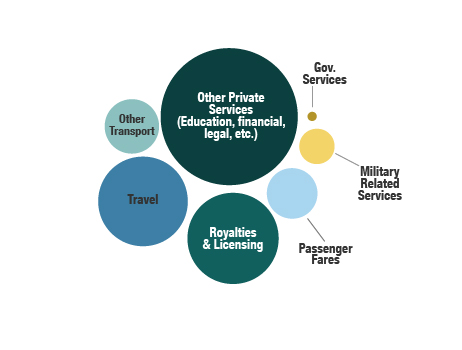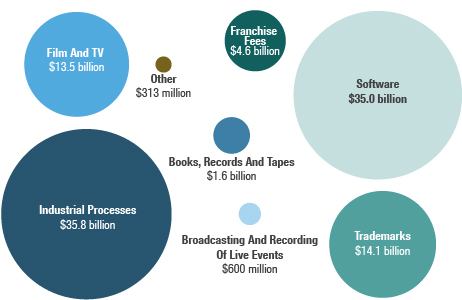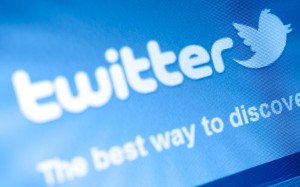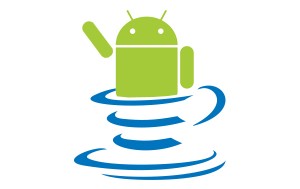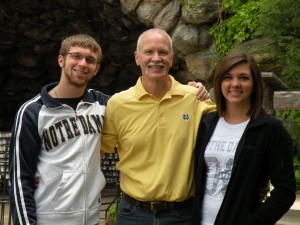What comes to mind when you think of American exports? Cadillacs? Doritos? Those are easy, but you may not consider services like finance and education, and you probably don’t think of American ideas either. But as shown on the chart below, intellectual property falls under the “Royalties and Licensing” bubble, and makes up a big chunk of American GDP.
According to NPR’s Planet Money, American ideas bring in about $105.6 billion from overseas. And as illustrated in the next breakdown, the lion’s share of these monies comes from “Software” and “Industrial Processes”—both of which depend on patent protection to ensure the intellectual property is not being abused, and the developer is getting their fair share of compensation from use.
“Industrial processes” comprise anything from medicine and drug formulas to trade secrets and technology in manufacturing. It all goes to show that intellectual property, while it may be as intangible as a thought, idea, or simple moment of inspiration, is a big, global business—a business that needs individuals like you to be a part of!
